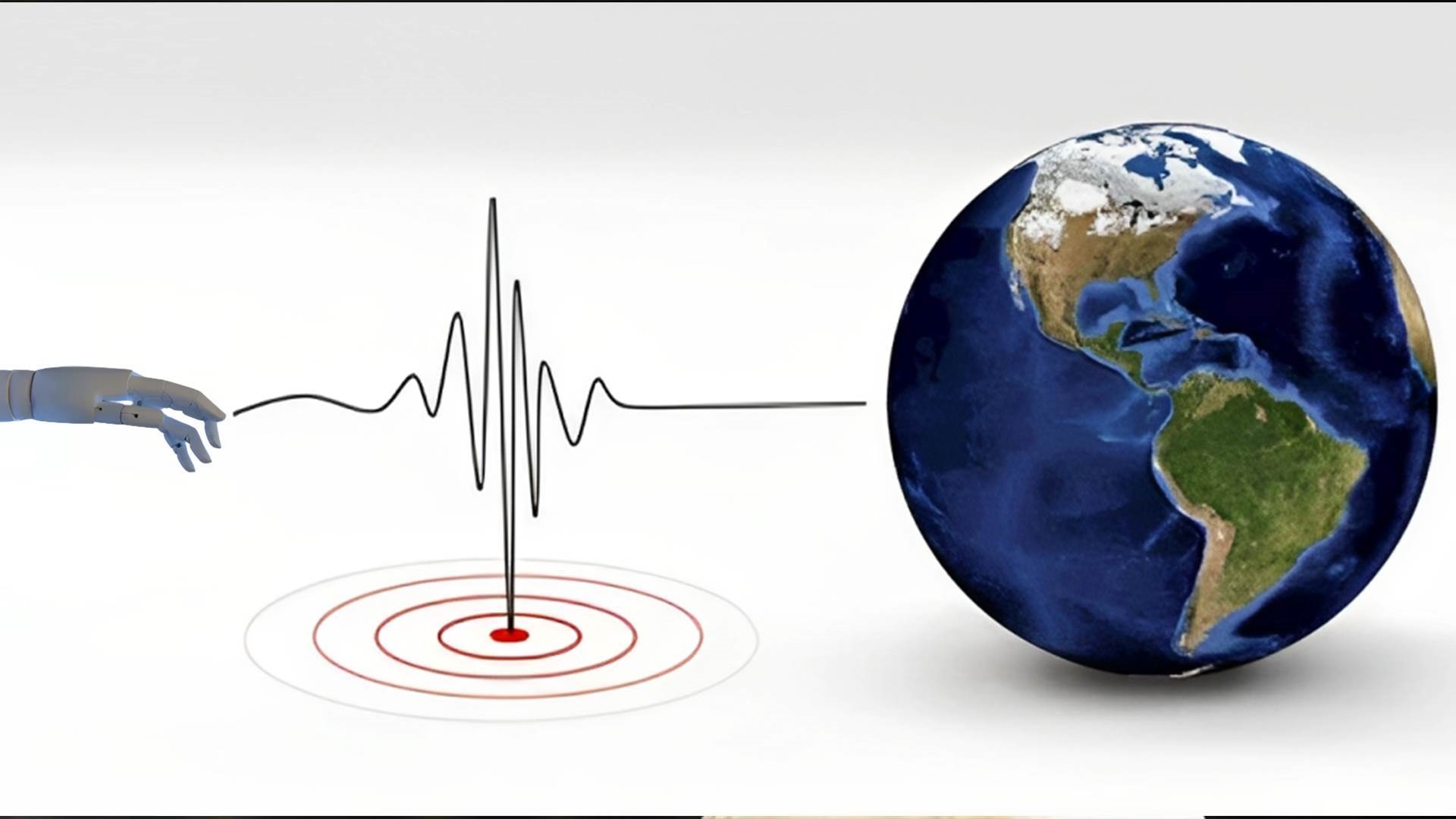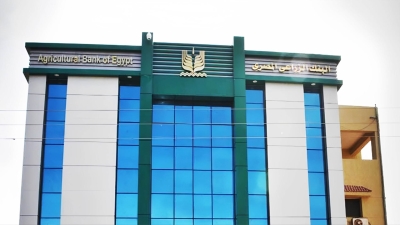Revolutionizing Earthquake Prediction: AI Breakthroughs Enhance Early Warning Systems

A harsh year, during which the world witnessed several devastating earthquakes. Some resulted in severe injuries, while other countries experienced only minor damages, depending on the earthquake's intensity. The latest occurred in Morocco, claiming thousands of lives, leading some to dub 2023 as the "year of earthquakes."
Earthquakes are classified as one of the most destructive natural phenomena on Earth, claiming over 750,000 lives globally between 1998 and 2017, accounting for more than half of all deaths related to natural disasters, according to the World Health Organization. Therefore, predicting them becomes crucial.
This drives the world to emphasize the importance of early earthquake warning systems in reducing casualties. Artificial intelligence technologies play a significant role in this, offering various capabilities to support early earthquake warning systems, potentially aiding in early detection.
The deployment of artificial intelligence techniques in developing early earthquake warning systems provides people and communities with time for evacuation and preparedness, reducing casualties and minimizing property and infrastructure damage. Early warning systems, enabled by AI algorithms, can detect gravity waves emanating from faults, speeding up alerts and accurately estimating the size of significant earthquakes within seconds of their onset.
Moreover, AI technologies assist in predicting aftershocks following earthquakes, ensuring the safety of rescue workers and survivors. AI goes beyond merely predicting earthquakes; it anticipates their impacts on the environment and people, warns relevant authorities and the public, and facilitates appropriate actions. Furthermore, it helps assess the potential consequences early, aiding governments in formulating recovery policies and preparing for future disasters.
Scientists worldwide continue their efforts to accurately predict earthquakes, with recent notable achievements, including using machine learning techniques to analyze seismic and acoustic waves. What makes these new methods unique is their ability to simultaneously analyze all seismic and acoustic waves, unlike previous techniques that selected specific sounds for recording and analysis.
Recently, researchers at the University of Texas achieved an exciting feat using an AI algorithm to predict the timing, location, and magnitude of earthquakes with 70% accuracy a full week before they occurred, although it failed to predict one earthquake and provided eight incorrect predictions. The AI was trained to identify statistical anomalies in real-time seismic data, linked by the research team to previous earthquakes. Once trained, the AI detected signs of impending earthquakes













